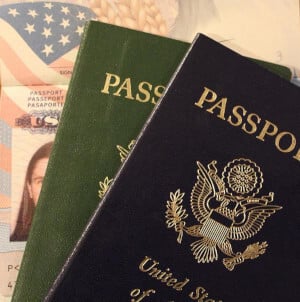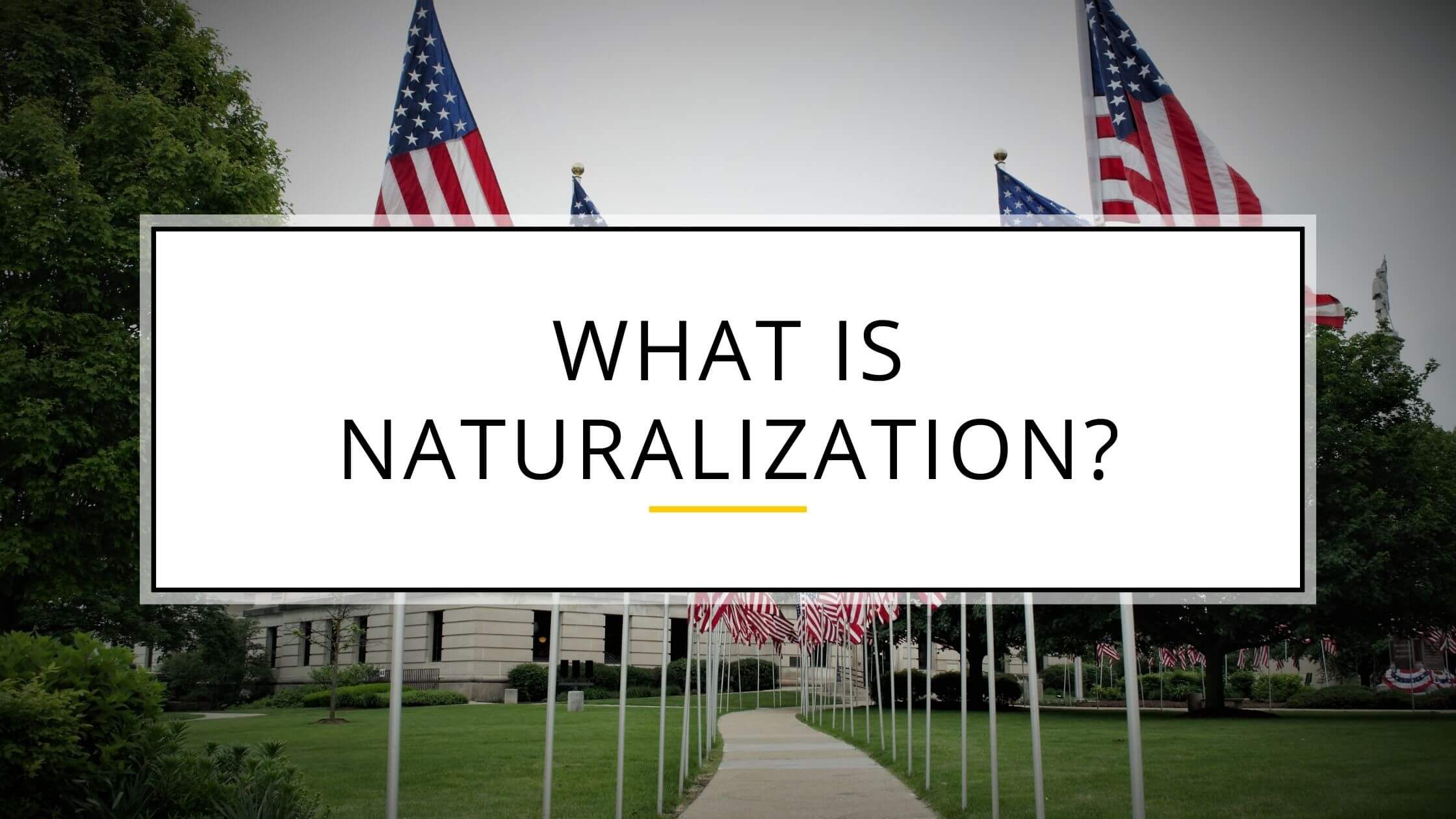Table of Contents
ToggleNaturalization is the legal process that allows someone who was not born a U.S. citizen to become one. It requires submitting an application, meeting residency and language requirements, passing a civics test, and swearing an oath to follow its laws.
Some Requirements for Naturalization
A foreign national must show they can read, write, and speak basic English. Most applicants also take classes or study to prepare for the naturalization and civics tests.

The United States does not require applicants to give up their original citizenship, though some countries may revoke citizenship when a person becomes an American citizen. Dual citizenship is allowed under U.S. law, but it depends on the other country’s rules.

Get Smarter on US News, History, and the Constitution
Join the thousands of fellow patriots who rely on our 5-minute newsletter to stay informed on the key events and trends that shaped our nation's past and continue to shape its present.
Naturalization in the United States (US)
Under the Immigration and Nationality Act (INA), a person who is not a U.S. citizen by birth can apply for citizenship through naturalization. A naturalized citizen has the same rights and responsibilities as someone born in the United States.
Early U.S. Naturalization Laws
The Naturalization Act of 1795 limited citizenship to “free white persons” and required five years of continuous residence in the United States.
In 1862, Congress allowed honorably discharged Union Army veterans who had served for at least one year to become naturalized citizens without meeting the full residency requirement.
Later laws expanded eligibility to veterans of the Navy and Marine Corps who served for at least five years.
Territories and Citizenship
After the Spanish-American War (1898), people from the Philippines became U.S. nationals but not full citizens.
People from Puerto Rico were granted U.S. citizenship in 1917 under the Jones–Shafroth Act.
The Tydings–McDuffie Act of 1934 reclassified Filipinos as noncitizens for immigration purposes and limited the number who could immigrate to the U.S. each year.
World War II and After
The Magnuson Act (1943) repealed the Chinese Exclusion Act and allowed a small annual quota of Chinese immigrants to become U.S. citizens.
The War Brides Act (1945) allowed foreign spouses of U.S. soldiers to become citizens through a simplified process.
The Immigration and Nationality Act of 1965 later removed national origin quotas, giving people from all countries equal access to naturalization.
Modern Naturalization Rules
Today, a lawful permanent resident (green card holder) may apply for U.S. citizenship after five years of continuous residence.
If married to a U.S. citizen, the requirement is reduced to three years.
Applicants must pass the English and civics tests, show good moral character, and take the Oath of Allegiance.












